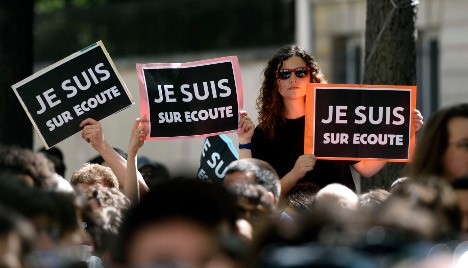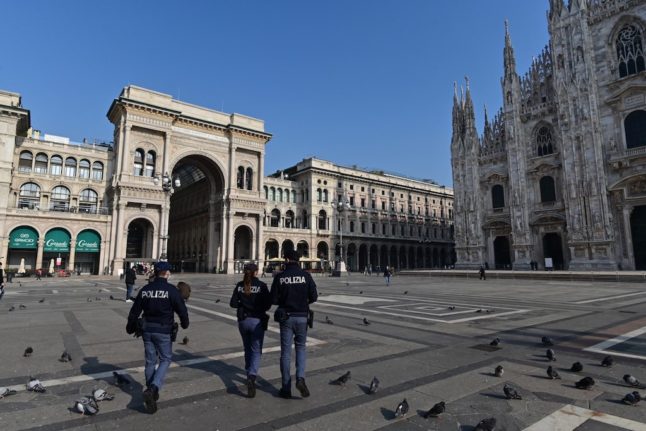Sur ma proposition, L'@AssembleeNat adopte un statut pour les lanceurs d'alerte au sein des services de renseignement #PJLRenseignement
— Jean-Jacques Urvoas (@JJUrvoas) April 16, 2015

("I'm being wire tapped" – Civil liberty supporters present on a twist on the famous "Je Suis Charlie" slogan. Photo: AFP)



 Please whitelist us to continue reading.
Please whitelist us to continue reading.
Member comments